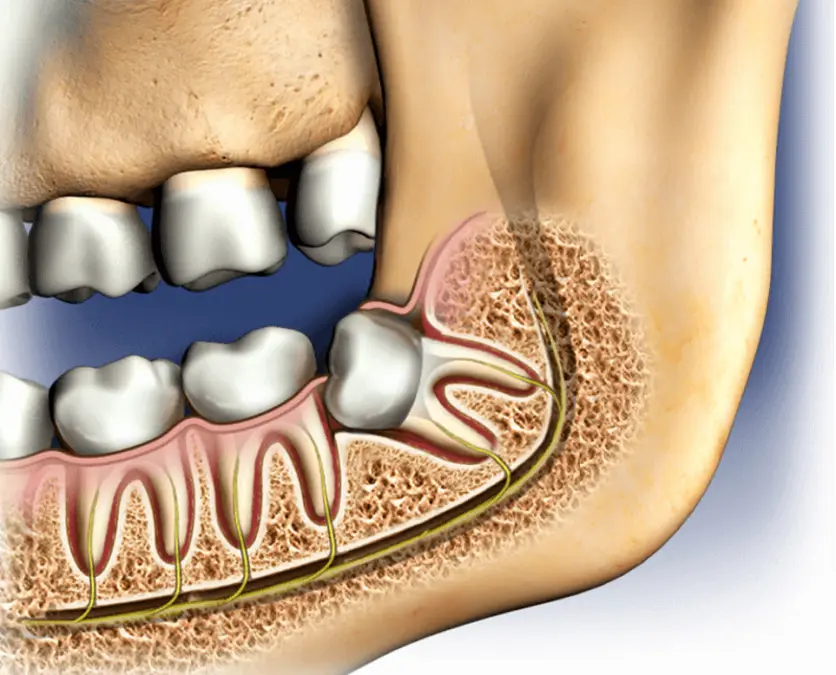Table of Contents
Introduction:
Have you ever wondered just how many wisdom teeth you have? These mysterious molars seem to pop up out of nowhere, causing discomfort and curiosity alike. Let’s delve into the world of wisdom teeth and uncover the secrets behind their numbers.
What Are Wisdom Teeth?
Wisdom teeth, also known as third molars, are the last set of molars to emerge in the human mouth. They typically appear between the ages of 17 and 25, a period commonly referred to as the “age of wisdom.” These teeth are located at the back of the mouth, with two on the top jaw and two on the bottom.
The Mysterious Number: How Many Wisdom Teeth Do You Have?
Now, let’s get to the heart of the matter: just how many wisdom teeth do you have? While most adults have a total of four wisdom teeth, it’s not uncommon for some individuals to have fewer or even none at all. On the other hand, some lucky folks may have additional wisdom teeth, bringing their total count to five or even six!
Variations in Wisdom Teeth Count:
The number of wisdom, teeth a person has can vary due to a variety of factors, including genetics, ethnicity, and evolutionary changes. While four wisdom, teeth are the most common occurrence, there are several possible variations:
- Hypodontia: Some individuals experience hypodontia, a condition where one or more teeth fail to develop. This can result in the absence of one or more wisdom. teeth, reducing the total count to three or even two.
- Supernumerary Teeth: Conversely, some people may have extra teeth, a condition known as supernumerary teeth. In rare cases, this can lead to the presence of additional wisdom, teeth, exceeding the typical count of four.
- Impaction: Another factor that can influence the number of wisdom, teeth is impaction. When a wisdom tooth is unable to fully emerge from the gum line, it becomes impacted. In severe cases of impaction, the tooth may not develop at all, further altering the total count.
The Role of Evolution:
The presence of wisdom, teeth is often attributed to our evolutionary history. In ancient times, our ancestors relied on a diet that consisted of coarse, rough foods that required more chewing power. As a result, they had larger jaws with more room for additional teeth, including wisdom. teeth. However, as our diets evolved to include softer, processed foods, the need for extra molars diminished, leading to the phenomenon of wisdom teeth becoming unnecessary or even problematic in modern humans.
The Process of Wisdom Tooth Development:
Understanding the development of wisdom, teeth can provide insight into why variations in their number occur. Wisdom, teeth typically begin to form during early adolescence, but they may not fully erupt until several years later. This delayed development can contribute to complications such as impaction, overcrowding, and misalignment.
Complications Associated with Wisdom, Teeth:
While some people may never experience any issues with their wisdom, teeth, others may encounter various complications that necessitate their removal. Common problems associated with wisdom, teeth include:
- Impaction: As mentioned earlier, impaction occurs when a wisdom tooth is unable to fully emerge from the gum line. This can cause pain, swelling, and infection if left untreated.
- Crowding: The late emergence of wisdom, teeth can lead to overcrowding in the mouth, causing misalignment and bite problems.
- Infection: Partially erupted wisdom, teeth can create pockets where bacteria can accumulate, leading to infection and gum disease.
- Cysts and Tumors: In rare cases, wisdom, teeth may develop cysts or tumors, which can cause damage to surrounding teeth and bone tissue if not addressed promptly.
The Importance of Regular Dental Check-ups:
Given the potential complications associated with wisdom teeth, it’s essential to maintain regular dental check-ups to monitor their development and address any issues that may arise. Your dentist can assess the condition of your wisdom teeth through X-rays and recommend appropriate treatment options, including extraction if necessary.
Conclusion:
In conclusion, the number of wisdom teeth you have can vary depending on various factors, including genetics, ethnicity, and evolutionary changes. While four wisdom teeth are the norm, deviations from this count are not uncommon. Whether you have all four, fewer, or even extra wisdom teeth, it’s essential to prioritize dental health and seek professional guidance if you experience any discomfort or complications. Remember, your dentist is your partner in maintaining a healthy and happy smile for years to come.
Read Also:-THE MYSTERY







